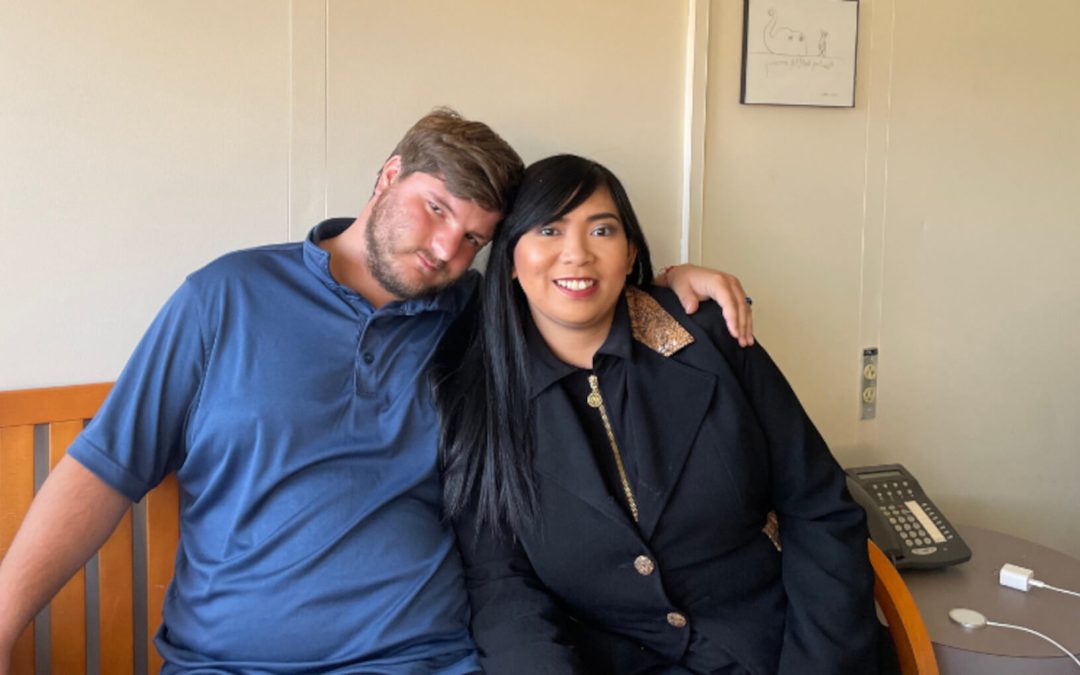Josh talks about growing up as the child of a divorced single mother, how his autism affected his relationships with his family, his perspective on feeling “gifted” with autism, struggles with completing ambitious goals, the benefit of Transcranial Magnetic Stimulation on his depression symptoms, and working to attain social skills and milestones later in life.

Episode 51: The Wiggles — A Fan’s Tribute
What’s that about fruit salad? Why is Jeff asleep?


0 Comments